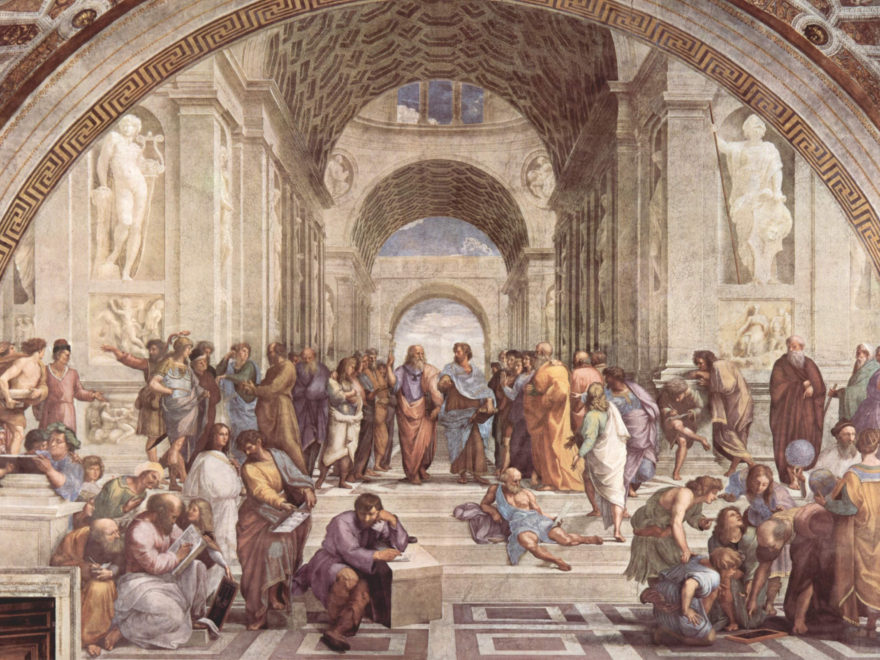Tag: writing
-

On Deep Reading
In an age of misleading news articles, vicious discourse, and exponential ignorance, it is a curious fact that the skill of reading continues to take the backseat to other “practical” areas of study. Society, it seems, would rather have students master Microsoft Excel or how to program computers than they would become lectiophiles. Reading is…
-

Fostering Grit Through Charlotte Mason’s Practice of Habit Training
We write and speak often at Educational Renaissance about the importance of cultivating good habits (you can listen to our podcast on habit training here). Habits are, as Charlotte Mason put it, the railways of the good life (Home Education, p. 101). A person with good habits experiences a life of ease, while a person…
-

Why the History of Narration Matters, Part 3: Narration’s Rebirth
In my previous two articles I framed my discussion of the history of narration with the controversy between Charlotte Mason and classical Christian education advocates. I suggested that narration’s history may be a fact that puts to rest the false dichotomies of either side. While Charlotte Mason did claim discovery of certain principles related to…
-

20 Quotable Quotes from the First Half of 2020 Educational Renaissance
At the end of 2019 we shared a series of memorable maxims from that year’s blog articles. As we transition toward the next half of 2020, we thought we’d do something similar and share 20 Quotable Quotes from Educational Renaissance articles January through June. These are longer block quotes that will whet your appetite for…
-

The Writing Process: Sentences, Paragraphs, Edit, Repeat
Why do we need instructions on a shampoo bottle? After only a few training exercises, any three-year-old can operate a shampoo bottle. Yet every bottle of shampoo I can find has instructions. The sequence, “lather, rinse, repeat,” became such a well-known instruction that it took on meme status in culture. Brian Regan has taken on…
-

Writing on Purpose: How Ought We to Instruct Young Writers?
To teach writing is to teach an art form. It takes lots and lots of practice to write well. The way we think about writing can sometimes limit students, so that they don’t gain the practice they need to write effectively. In order to write effectively there are three concepts that should guide our goals…

